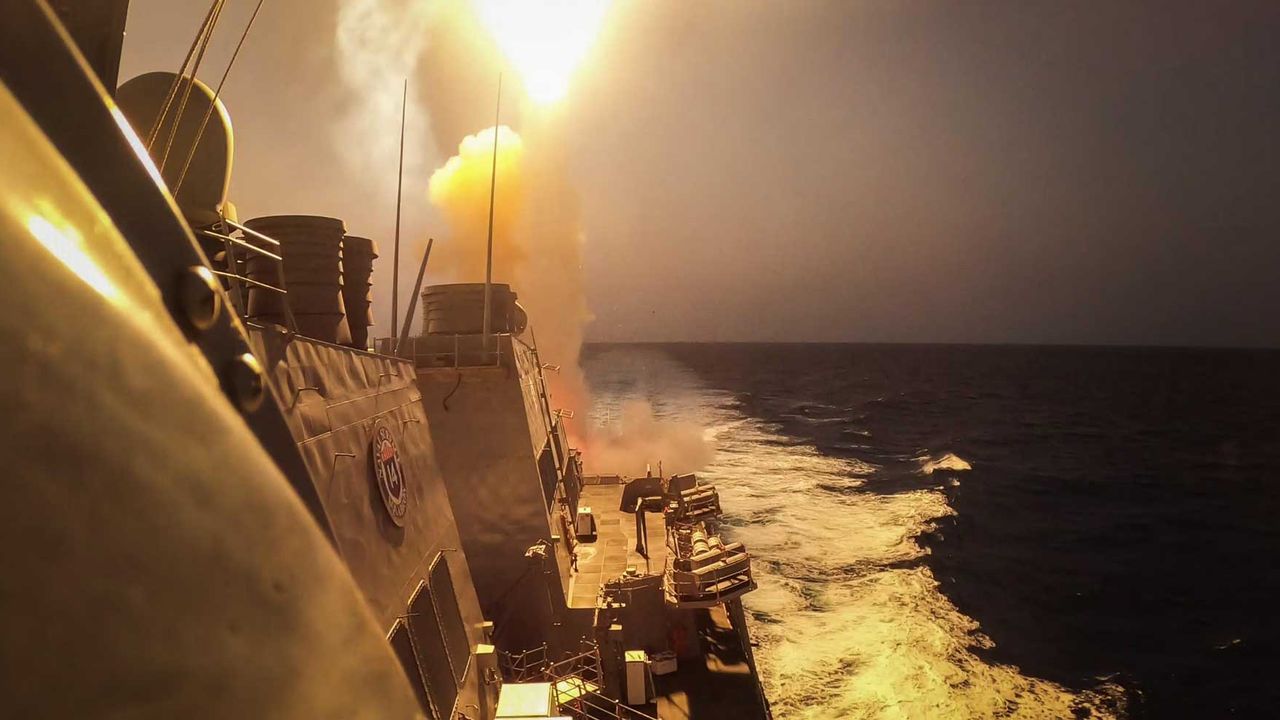U.S. President Donald Trump confirmed the strikes, emphasizing that the Houthis, backed by Iran, had attacked U.S. aircraft and targeted U.S. troops and their allies. He condemned the group for "piracy, violence, and terrorism," which he stated had cost billions and endangered lives.
The Houthi-run health ministry reported at least 31 casualties and 101 injuries following the strikes. The group, which controls parts of Yemen, declared it would continue targeting Red Sea shipping until Israel lifted its blockade of Gaza, and vowed to retaliate against further airstrikes.
The Houthis have previously targeted multiple merchant vessels in the Red Sea, using missiles, drones, and small boats since November 2023. These attacks have resulted in the sinking of two ships, the seizure of another, and the deaths of four crew members. In response to the ongoing threat, major shipping companies have rerouted vessels away from the Red Sea, opting for a longer route around southern Africa.
The U.S. has reiterated its commitment to using overwhelming force until these attacks cease. While Western naval forces have deployed to protect shipping, the Houthis have remained undeterred by previous airstrikes from the U.S. and the UK.
The Red Sea is a crucial maritime route, connecting the Mediterranean to the Indian Ocean through the Suez Canal, and facilitating around 15% of global trade, including oil and LNG. The ongoing disruption has significantly impacted international shipping, particularly for U.S.-flagged vessels and military ships.
The situation continues to evolve with the U.S. calling on Iran to cease its support for the Houthis, while Iranian officials reject these demands, maintaining their stance in support of Palestinian interests.
The international community, including the U.S. and Russia, has called for a cessation of violence and a return to political dialogue to prevent further escalation and loss of life.






